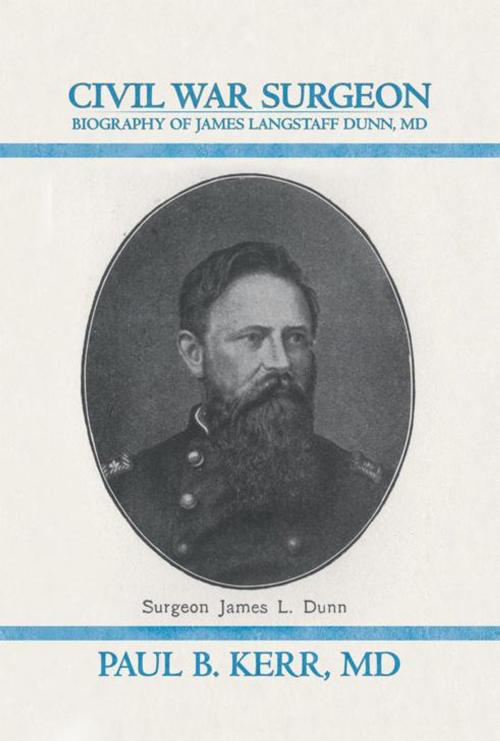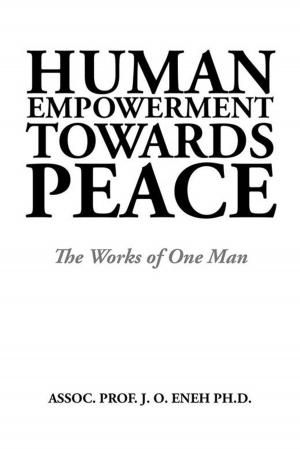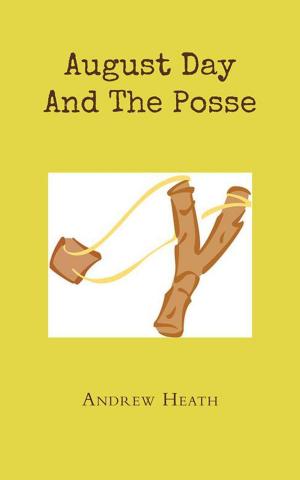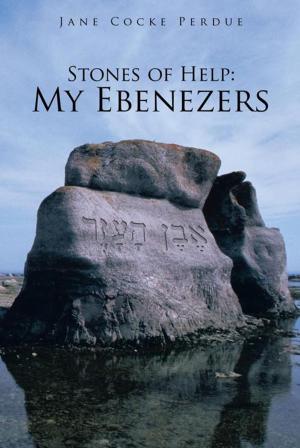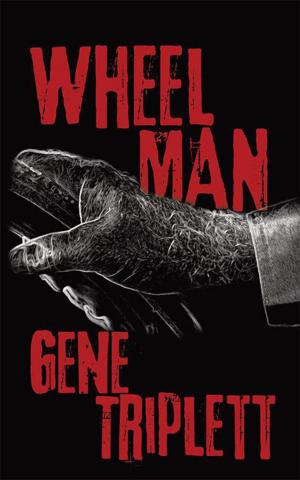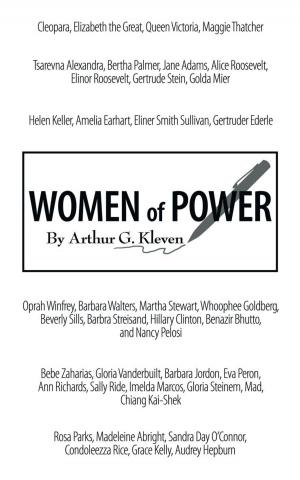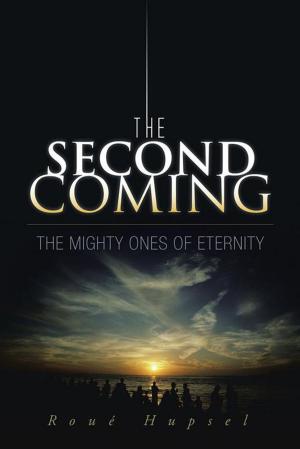| Author: | Paul B. Kerr | ISBN: | 9781468559798 |
| Publisher: | AuthorHouse | Publication: | March 27, 2012 |
| Imprint: | AuthorHouse | Language: | English |
| Author: | Paul B. Kerr |
| ISBN: | 9781468559798 |
| Publisher: | AuthorHouse |
| Publication: | March 27, 2012 |
| Imprint: | AuthorHouse |
| Language: | English |
This book is a Biography of James Langstaff Dunn, MD, Civil War Surgeon and unwavering Patriot, from Medical Student 1846 to War End 1865. A modern doctor, Paul B Kerr, MD, obtained 140 letters Dunn wrote to his dear wife, Temperance, and children, from his College and War years. Dr Kerr interprets the letters as relates to surgery, diseases, tent life, prisons, hospitals and logistics in the light of life and medicine today, and his own experiences in Army Medicine in WW II and Korea. Dr Kerr also discusses the knowledge of anesthesia in the 1800s, and how it evolved during 40 years of his own practice of anesthesia. Dunn was the Surgeon of the 109th PA Volunteers of Infantry for three years, a Batallion that carried many central assignments and battles. Fighting for 1 1/2 years with the Army of the Potomac, his unit did a second 1 1/2 years with the Army of the Tennessee. Dunn describes first-hand the Battles for Gettysburg, Chancellorsville, Chattanooga, Atlanta and the occupancy of Savannah. You won't forget his exhausting personal help for women and babies in the fiery destruction of Columbia, South Carolina. Nor will his description of first entry into Atlanta be forgotten. Dunn personally names Clara Barton "The Angel of the Battlefield." He witnesses the amazing assault on Lookout Mountain, visits relatives in Cincinnati and Nashville. In Washington, he observes President Lincoln and the huge tent city with thousands of marching men there. We have from him a dateline Washington, DC on the very day Lincoln was shot. We meet his boss and friend, General John Geary, who from Mayor of San Francisco and Governor of Kansas, becomes his Commandant, and, after the War, Governor of Pennsylvania. We learn first hand about drunkenness, "Hospital Gangrene;" and Dunn's encounters with slaves, the aristocracy of Virginia and the primitive whites of the Tennessee Mountains. Throughout, Dr Dunn keeps his morals, his devotion to the Union and his disgust with pacifists at home in Pennsylvania and in Congress. He discusses the Conscription Laws and means of substitution. His letters are full of Military Information that in other wars were subject to censorship. His 140 letters are as a "War Correspondent."
This book is a Biography of James Langstaff Dunn, MD, Civil War Surgeon and unwavering Patriot, from Medical Student 1846 to War End 1865. A modern doctor, Paul B Kerr, MD, obtained 140 letters Dunn wrote to his dear wife, Temperance, and children, from his College and War years. Dr Kerr interprets the letters as relates to surgery, diseases, tent life, prisons, hospitals and logistics in the light of life and medicine today, and his own experiences in Army Medicine in WW II and Korea. Dr Kerr also discusses the knowledge of anesthesia in the 1800s, and how it evolved during 40 years of his own practice of anesthesia. Dunn was the Surgeon of the 109th PA Volunteers of Infantry for three years, a Batallion that carried many central assignments and battles. Fighting for 1 1/2 years with the Army of the Potomac, his unit did a second 1 1/2 years with the Army of the Tennessee. Dunn describes first-hand the Battles for Gettysburg, Chancellorsville, Chattanooga, Atlanta and the occupancy of Savannah. You won't forget his exhausting personal help for women and babies in the fiery destruction of Columbia, South Carolina. Nor will his description of first entry into Atlanta be forgotten. Dunn personally names Clara Barton "The Angel of the Battlefield." He witnesses the amazing assault on Lookout Mountain, visits relatives in Cincinnati and Nashville. In Washington, he observes President Lincoln and the huge tent city with thousands of marching men there. We have from him a dateline Washington, DC on the very day Lincoln was shot. We meet his boss and friend, General John Geary, who from Mayor of San Francisco and Governor of Kansas, becomes his Commandant, and, after the War, Governor of Pennsylvania. We learn first hand about drunkenness, "Hospital Gangrene;" and Dunn's encounters with slaves, the aristocracy of Virginia and the primitive whites of the Tennessee Mountains. Throughout, Dr Dunn keeps his morals, his devotion to the Union and his disgust with pacifists at home in Pennsylvania and in Congress. He discusses the Conscription Laws and means of substitution. His letters are full of Military Information that in other wars were subject to censorship. His 140 letters are as a "War Correspondent."
